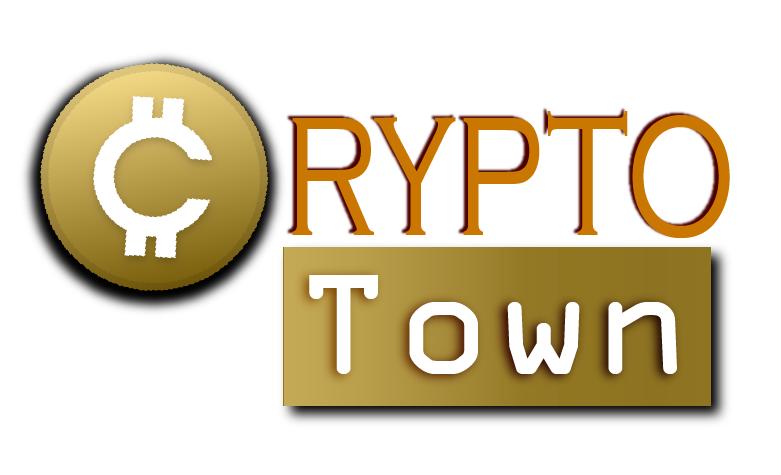Partner With A Cryptocurrency Wallet Development Company and ensure secure fund management
Investors need to safeguard their tokens and virtual assets safely. The era of decentralization has resulted in people possessing digital currencies. They are using hardware and software wallets for backing their funds. Likewise, entrepreneurs like you can capture the trust of institutional and retail investors across the globe. How is this possible? By starting cryptocurrency wallet development.
The security measures integrated by a Cryptocurrency Wallet Development Company are
Two-Factor Authentication (2FA) – Investors must think twice before executing a transaction or transferring funds. Likewise, 2FA adds an extra layer of security to it. Users of a crypto wallet will have to enter a unique code sent to their email addresses or phone number.
This adds an extra layer of protection to their data and funds. Eventually, this prevents hacking, phishing attacks, and scams.
Biometric Authentication – Both small, as well as big investors need not be concerned about losing their virtual assets. They can use their fingerprint while using their hot and cold wallets. Thus, crypto holders will have 100% control over their funds.
Vault-based storage mechanism – Users can safely deposit their crypto tokens in vaults. They can shield it with a unique code. Therefore, they can preserve their virtual currency holdings from reaching the wrong person’s hands.
End-to-End (E2E) data encryption – All the data of users are end-to-end encrypted. Thus, senders and receivers can only read the messages they communicate with each other. A crypto wallet development company will follow the AES-256 security standard.
Further, both encryption and decryption of data will happen on the devices used by investors. Thus, they get freedom from the control of government agencies, law enforcement authorities, and hackers.
Secret Recovery Phrases – 12-18-24 recovery word phrases are generated to users when they create an account on the hardware or software wallet. Investors need to write it down on a piece of paper. In case, holders of wallets lose funds or do not have control of their account, they must enter the unique recovery phrase.
Private Keys – Every online wallet will generate private keys for every investor. Hence, they would have 100% ownership of their crypto assets on their wallet address. Further, users have to enter the private key every time they process a transaction. Moreover, every payment is approved without disclosing the unique set of letters and numbers to the entire blockchain network.
Accordingly, investors should not share private keys with anyone. Moreover, they can use choices like 256 character binary codes, mnemonic phrases, and 64 digit hexadecimal codes. Importantly, users of a crypto wallet can connect an unlimited number of public keys to their private key.
USB hardware authentication key – Undoubtedly, cold wallets operate offline. Users can manage their funds on a USB device. Apart from recovery phrases, investors can use another authentication mechanism to safeguard their cryptocurrencies. They can use another key while utilizing the device. This is applicable before processing a transaction, sending and receiving funds, and while trading on a decentralized exchange.
QR code scanner – Investors can scan coloured matrix codes while executing a payment. Users of a crypto wallet can also create their own QR codes. How does the entire process function?
They have to enter the public wallet address while trying to make a payment. Later, they must press the Generate QR code option. It will be generated in a while. Afterwards, traders can download it, save it on their devices. Later, they can utilize it for processing payments on crypto exchanges and DeFi platforms.
Digital Signatures – Every creator of a message should attach a code while sending a piece of communication. This prevents unauthorized parties from reading the message. Users of a software wallet can create more codes to ensure utmost security. Thus, they must enter the unique code two or more times while making a payment.
Likewise, extra protection is assured as investors can back up their keys in separate locations. They can store one on their devices, keep another in a cold storage system, and another with the provider of a multi-signature wallet. Thus, this increases the level of security as even if users have one key, they will not be able to complete the required payment. Dual authorization from different parties is essential for authorizing every peer-to-peer (P2P) transaction.
Cross-Site Request Forgery Protection (CSRF) – Indeed, cryptocurrencies cost a fortune when the market conditions are bullish. However, CSRF security measures are important as part of white-label crypto wallet development.
This protects investors when against one-click attacking sessions. Generally, this happens when users of a crypto wallet click an unauthorized link to a malicious website or a mobile application. Eventually, their cryptos would be automatically transferred from their wallet to the hacker’s wallets.
However, a crypto wallet development company will prevent these social engineering issues. Information is sent to users on a real-time basis whenever such attempts are made. Thus, they can take maximum precautions to prevent the misuse of funds.
Distributed Denial of Service (DDoS) protection – Simple Service Discovery Protocols (SSDP), Network Time Protocols (NTPs), and Application Layer Attacks (ALA) are becoming quite common on crypto exchanges. Generally, this arises due to Distributed Denial of Service (DDoS) attacks.
Traffic will suddenly increase on a crypto trading platform and this will compromise the accounts of users. However, this can be thwarted by using DDoS protection. This defends the users from vulnerabilities in the network infrastructure, keeps data locally and doesn’t transfer it across geographical regions, and automatically upgrades the software.
Wrapping Up
Do you want to be a trustworthy name in the global cryptocurrency trading industry? Reveal your business goals to a white-label solution provider now for cryptocurrency wallet development.

